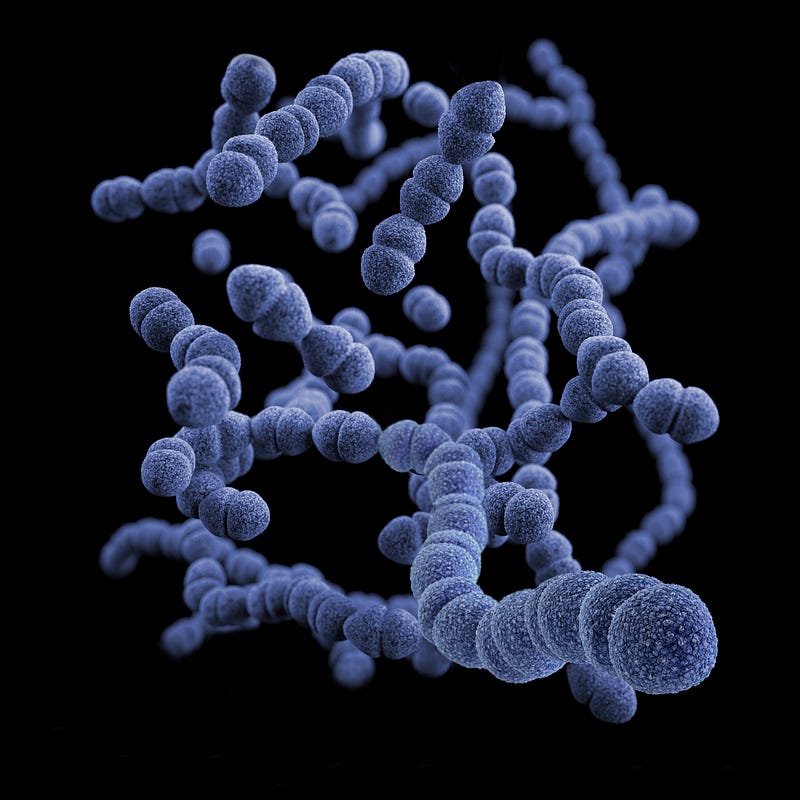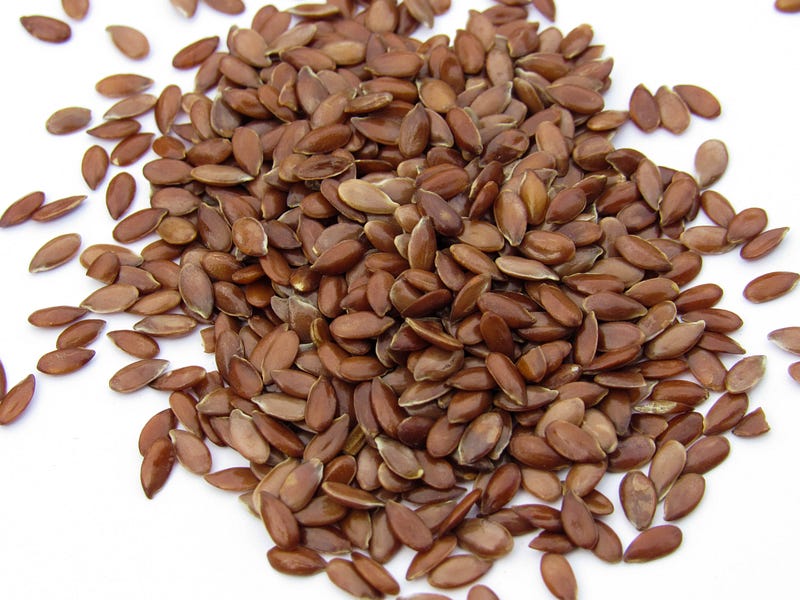The Essential Guide to Gut Health: Foods to Embrace and Avoid
Written on
Chapter 1: The Importance of Gut Health
Gut health plays a crucial role in our overall well-being. As Kris Carr states, "Gut health is the key to overall health."

Dr. Frank Lipman emphasizes that about 70% of serotonin, which influences mood, is produced in the gut. Hence, the state of our digestive system can significantly impact our mental health, affecting anxiety, depression, and focus.
My grandmother, despite her lack of formal education, always made sure our fridge was stocked with gut-friendly options. As a child, I was unaware that foods like yogurt, kefir, kimchi, and sauerkraut were rich in natural probiotics, essential for a robust digestive system. She often encouraged me to start my day with yogurt.
Why Is Gut Health Essential?
The contents of our gut have a far-reaching effect on numerous aspects of our lives, including mood and productivity. A disruption in the balance of gut bacteria can lead to the proliferation of harmful organisms, resulting in infections or conditions like yeast infections, particularly after antibiotic use, which indiscriminately kills both beneficial and harmful bacteria.
Several health issues highlight the significance of maintaining gut health, including:
- Mental health disorders like depression and anxiety
- Liver function
- Diabetes management
- Obesity
- Chronic inflammation
Now, let's explore six beneficial foods for your gut health, excluding yogurt since it’s commonly known for its probiotics.
1. Bananas
I personally enjoy consuming at least two bananas daily—one with breakfast and another before exercising. Bananas are a source of inulin, a type of prebiotic fiber that remains undigested in the stomach and can be found in various foods such as wheat, onions, and asparagus.
What Does Inulin Do?
Inulin promotes regular bowel movements and adds bulk to the stool. It aids in nutrient absorption, particularly calcium.
2. Broccoli
Rich in dietary fiber, broccoli fosters the growth of healthy gut bacteria. It is also packed with glucosinolates and isothiocyanates, which enhance antioxidant levels, potentially protecting against certain cancers. For optimal absorption of fat-soluble vitamins, pair broccoli with healthy fats like olive oil or nuts.
3. Black Beans
Black beans are high in pectin, a type of soluble fiber that can enhance protein intake. All beans, including kidney and lima beans, are excellent, budget-friendly alternatives to animal protein.
4. Whole Grains
Since our bodies can’t digest fiber alone, it ferments in the large intestine. This fermentation process produces beneficial acids that nourish intestinal cells and guard against harmful bacteria.
5. Flax Seeds
Flax seeds are an excellent source of protein, fiber, and omega-3 fatty acids. They contain both soluble and insoluble fibers, which help regulate bowel movements. To maximize nutrient absorption, it’s best to consume ground flax seeds.

6. Garlic & Ginger
Garlic: Known for its antibacterial and antifungal properties, garlic can help maintain a healthy balance of gut bacteria.
Ginger: This spice aids digestion and can be easily added to various dishes or beverages, including tea.
Chapter 2: Foods to Avoid for Optimal Gut Health
Certain foods can negatively impact gut health, including:
- Red meat
- Fried foods
- Antibiotic-laden foods
- Alcohol
- Artificial sweeteners
- Processed foods
- Sugary beverages
Moderation is key, particularly with caffeine.
Explore the top six foods that promote gut health with Dr. Josh Axe.
Learn about the top ten foods that can harm your gut health.
Thank you for reading! For more insights on holistic health, productivity, and well-being, consider following my journey. I’ve documented various 30-day challenges aimed at fostering a sustainable healthy lifestyle.
Disclaimer: This content is for informational purposes only and does not substitute for professional health advice.